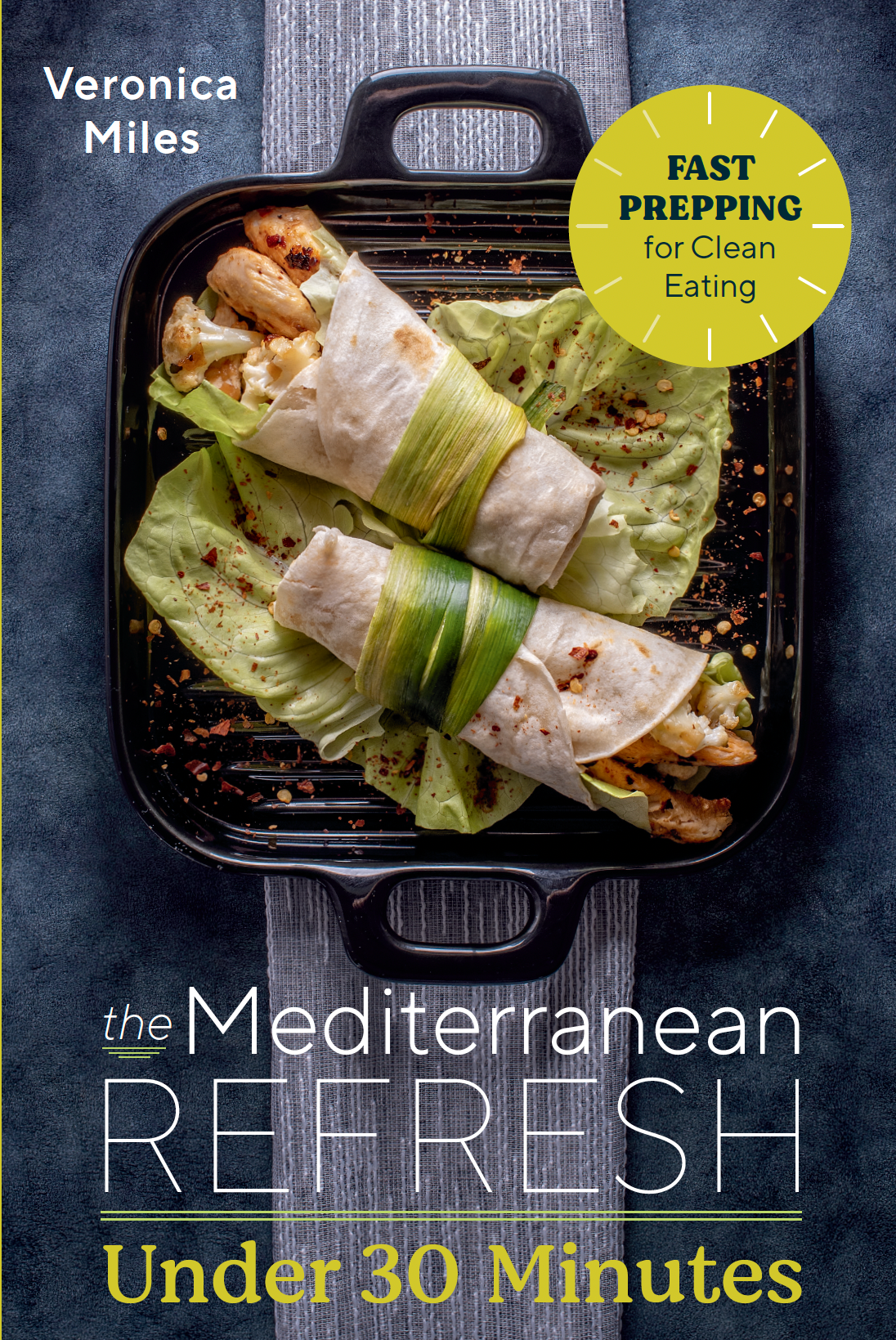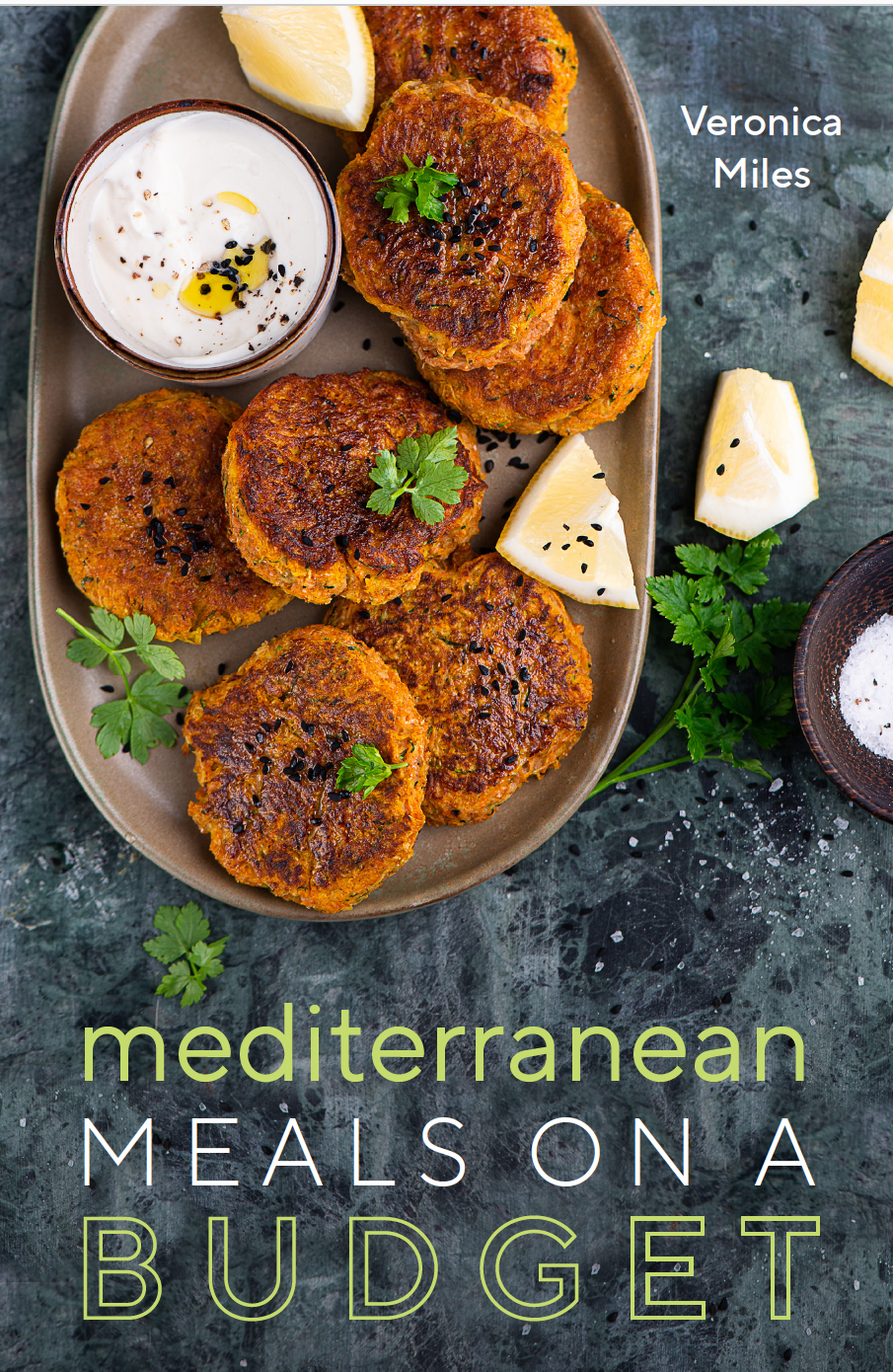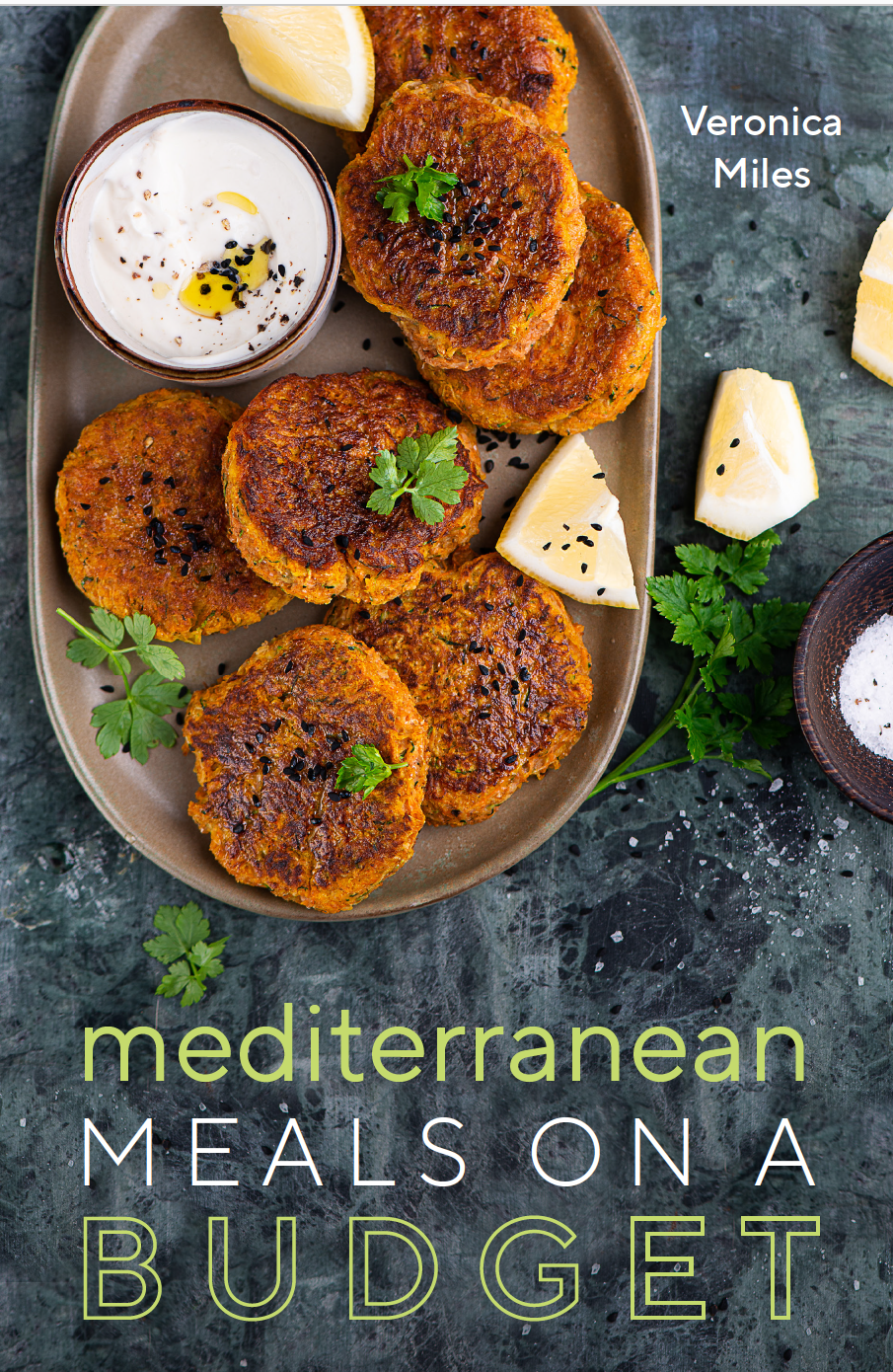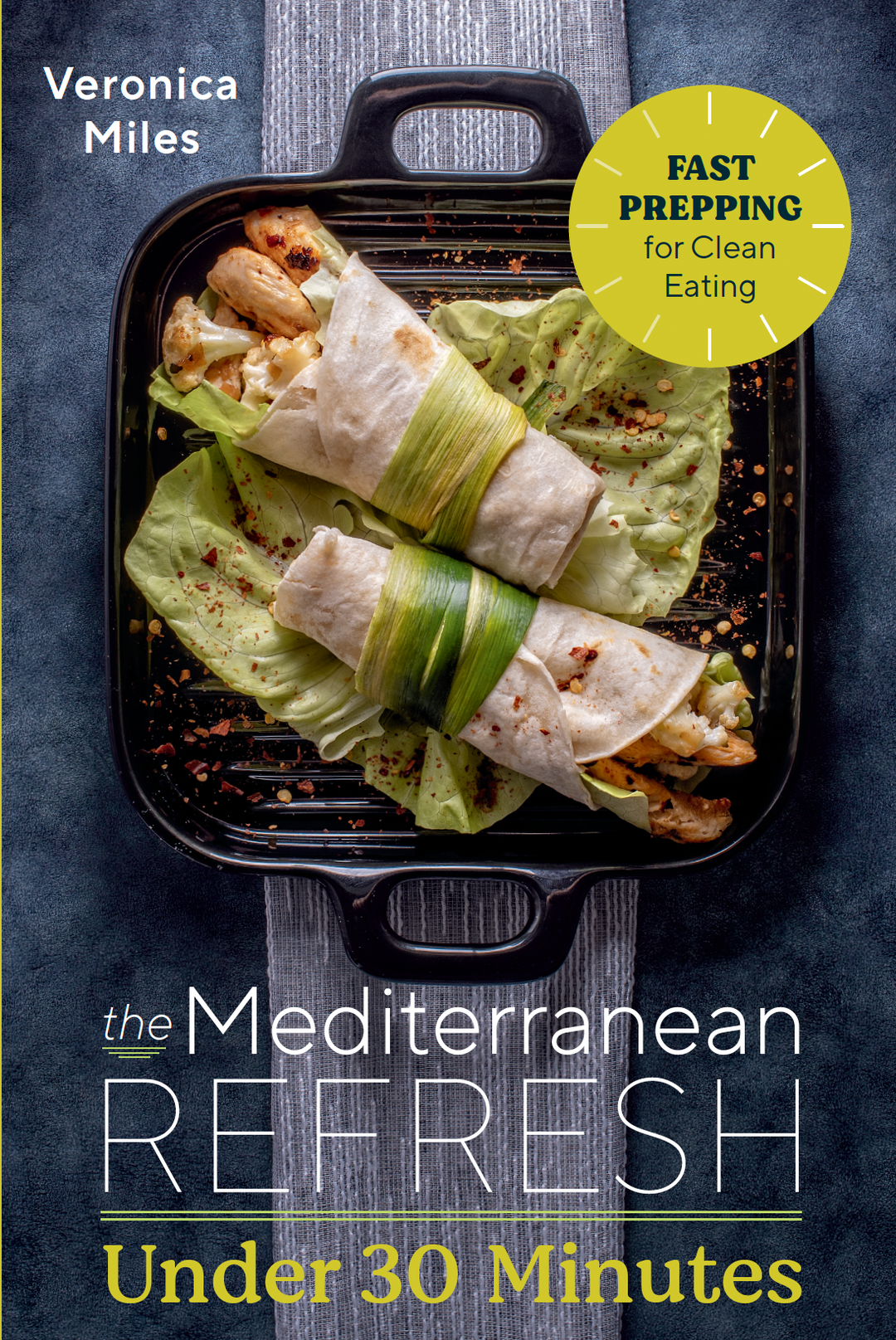Are Mediterranean Snacks Suitable for a Diabetic Diet?
In recent years, Mediterranean snacks have gained popularity not only for their delicious flavors but also for their potential health benefits. For those managing diabetes, the question arises: are these snacks a good choice? In this blog, we'll explore the suitability of Mediterranean snacks for a diabetic diet.
Step 1: Understand the Mediterranean Diet
The Mediterranean diet emphasizes whole foods such as fruits, vegetables, whole grains, nuts, and healthy fats. Understanding its fundamentals helps in choosing appropriate snacks.
Foods common in this diet are rich in fiber and nutrients, making them beneficial for overall health. Fiber, in particular, plays a key role in managing blood sugar levels.
Examples of popular Mediterranean ingredients include chickpeas, lentils, and a variety of nuts. Each of these not only adds flavor but also essential nutrients.
By recognizing these core components, you can better navigate the snack options available to you. This knowledge empowers those with diabetes to enjoy diverse, flavorful snacks.
Step 2: Identify Low Glycemic Index Snacks
Look for Mediterranean snacks that are low on the glycemic index, which helps in managing blood sugar levels effectively.
Options such as whole grain pita chips or homemade tzatziki can be great choices. Not only are they delicious, but they also maintain steady glucose levels.
Additionally, nuts and seeds, often used in Mediterranean cuisine, are excellent for satisfying cravings without spiking your blood sugar. They are full of healthy fats and fiber.
Be sure to check labels for snacks like dried fruits; while they can be tasty, they may have added sugars that can elevate blood sugar levels unexpectedly.
Step 3: Focus on Healthy Fats and Proteins
Opt for snacks that include healthy fats like olives or avocados and proteins such as hummus to provide a balanced option.
These snacks not only keep you full longer but also help in stabilizing your blood sugar levels. Healthy fats are essential for heart health, especially for diabetics.
Consider a snack of mixed nuts with a side of yogurt. This combination offers protein and healthy fats, while ensuring you enjoy a tasty and satisfying treat.
If you’re in the mood for something savory, pairing whole grain crackers with hummus delivers a wonderful mix of flavors and nutrients, making it a delightful choice.
Step 4: Watch Portion Sizes
Even healthy snacks can lead to excessive calorie intake. Being mindful of portion sizes is crucial for maintaining blood sugar levels.
Serving sizes matter a lot; for instance, while nuts are nutritious, they can also be calorie-dense. A small handful can be a better option than an entire bag.
It’s also beneficial to measure out portions of items like olives or hummus before diving in. This practice helps prevent mindless snacking, which can lead to overeating.
Experiment with mini versions of your favorite snacks to keep portions in check while still enjoying great flavors. This way, you can indulge without the worry of exceeding caloric limits.
Final Thoughts
In conclusion, many Mediterranean snacks can be suitable for a diabetic diet when chosen wisely and consumed in moderation. It's essential to focus on whole, nutrient-dense options and pay attention to portion sizes to ensure they fit within your dietary needs.

























